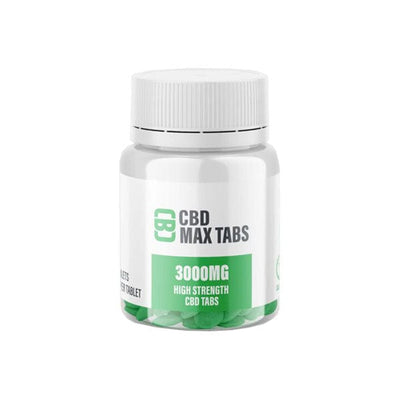CBD and Epilepsy: Understanding the Research
Epilepsy is a neurological disorder that affects millions of people worldwide. It is characterized by recurring seizures, which can range in severity from mild to life-threatening. While traditional anti-seizure medications can be effective for some individuals, others may experience limited relief from their symptoms or unwanted side effects. In recent years, there has been increasing interest in the potential of CBD, or cannabidiol, as a treatment for epilepsy. In this blog, we will explore the current research on CBD and epilepsy.
What is CBD?
CBD is a non-psychoactive compound found in the cannabis plant. Unlike THC, the psychoactive compound in cannabis that produces a "high," CBD does not produce any intoxicating effects. CBD has been shown to have anti-inflammatory, analgesic, and anxiolytic effects, among others.
CBD and Epilepsy
The use of CBD to treat epilepsy gained attention in 2013 when a young girl named Charlotte Figi, who had been suffering from severe seizures since infancy, experienced a significant reduction in her seizures after being treated with a high-CBD cannabis extract. This prompted further research into the potential of CBD as a treatment for epilepsy.
Several studies have since been conducted on the use of CBD for epilepsy, with promising results. In 2018, the FDA approved the first CBD-based drug, Epidiolex, for the treatment of two rare forms of epilepsy, Lennox-Gastaut syndrome and Dravet syndrome.
One study published in The New England Journal of Medicine in 2017 found that CBD significantly reduced the frequency of seizures in patients with Dravet syndrome, with some patients experiencing a complete cessation of seizures. Another study published in Epilepsy & Behavior in 2019 found that CBD was effective in reducing seizure frequency and improving quality of life in patients with treatment-resistant epilepsy.
How Does CBD Work?
The exact mechanism by which CBD works to reduce seizures is not yet fully understood. However, it is thought that CBD may interact with the endocannabinoid system, a complex network of receptors and neurotransmitters that helps to regulate various bodily functions, including mood, appetite, and sleep. CBD may also interact with other receptors in the brain, such as the serotonin receptor, which has been implicated in the development of seizures.
Conclusion
While the research on CBD and epilepsy is still ongoing, there is growing evidence to suggest that CBD may be an effective treatment option for individuals with epilepsy, particularly those with treatment-resistant forms of the disorder. However, it is important to note that CBD should not be used as a substitute for traditional anti-seizure medications without the guidance of a healthcare professional. If you or a loved one is considering using CBD to treat epilepsy, it is important to consult with a healthcare provider to determine the appropriate course of treatment.






Leave a comment